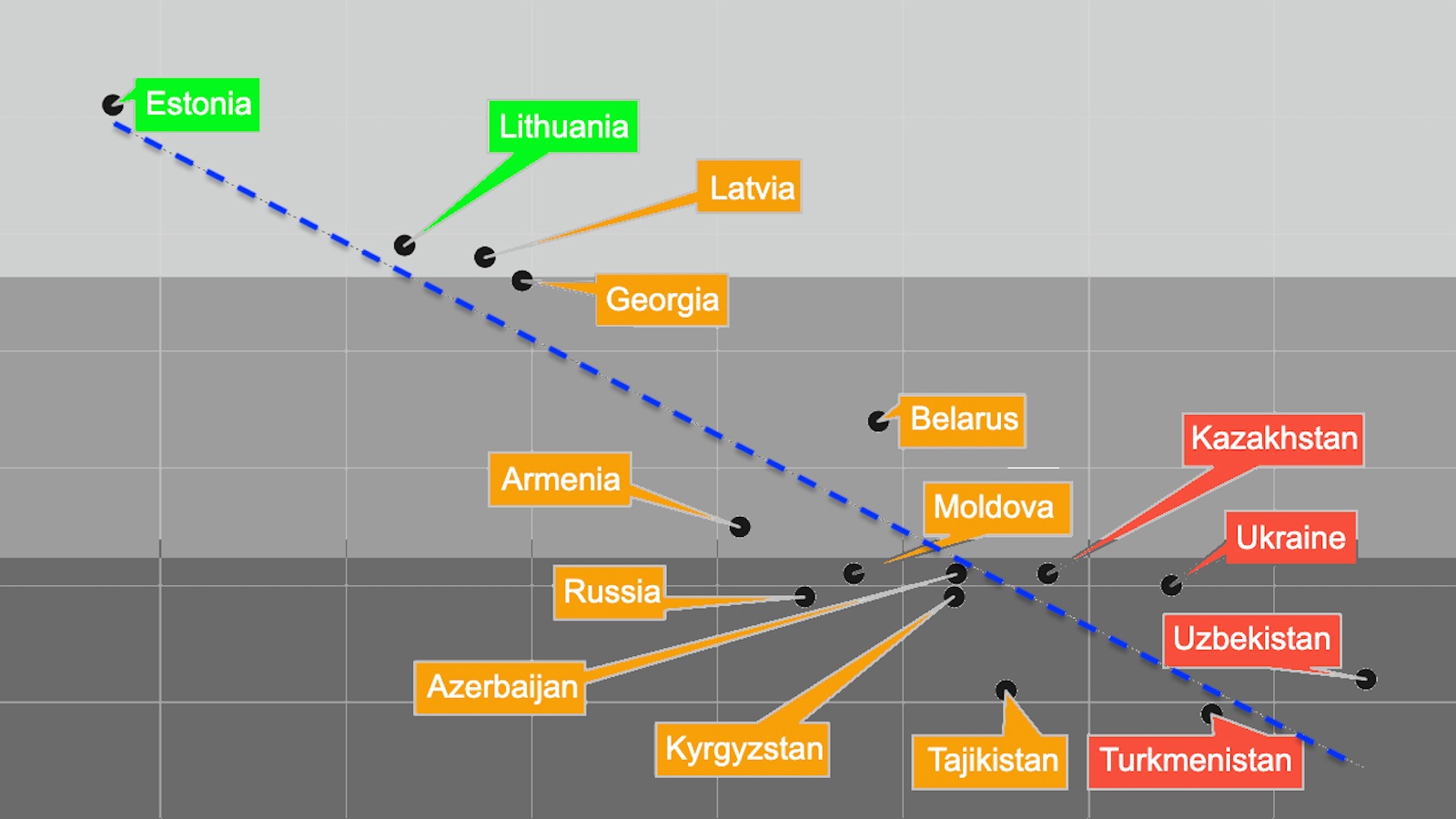The CEO examines the food crisis and the financial crisis.
Question: What policies provoked the food crisis in 2008?
Arnold: What happened in the last few years, with economic growth and in many developing countries and increased demand for food, there was, you know, a significant increase in demand, and that coincided with a number of things on the supply side which were reduced food supply, droughts in Australia and various sort of natural disasters, and you also then, on the other side, you had the expansion of biofuels, which was connected to rising energy crisis. All of these things came together in the first half of this, of 2008, to create a situation where suddenly food became unaffordable to, you know, probably an additional 100 million people in the world. So, we started with 850 million people who are hungry. At the end of 2009, we have close to a billion people who are hungry. But food prices have, you know, changed and basically come down a lot in the last 6 months, along with energy crisis, and we’re now facing into a very different economic situation, but an economic situation where it’s been brought home to us everyday in the developed world, how bad it is, how difficult it is, but the knock-on effects, the knock-on economic effects of this situation on the poorer countries is only beginning to be, I think, to be understood, and I think we really have big challenges here to face, to make sure that the real victims of this emerging recession are not the poorest people in the world.
Question: Are developing countries insulated from the financial crisis?
Arnold: Certainly some of the developing countries are not fully integrated into the world financial systems, and so the impact may be less, but I don't think there’s any developing country that isn’t going to be impacted on this global economic downturn. I think we’re seeing already export markets falling, export possibilities for developing countries falling. There’s going to be an impact on the remittances. Many of these countries depend a lot on remittances and with unemployment rising and things getting much tighter in the developed countries where many of their citizens are, those remittances are going to fall. There’s likely also to be an impact, I think, inevitably, on aid projects in developed countries, and that, then, is going to have an impact. So, all of these adds up to, you know, a situation that I don't think developing countries are at all immune from this economic downturn, and I think what it means for agencies like Concern and donor agencies generally is that we have to be very smart and very strategic in how we use limited amounts of money, and so that we absolutely maximized the development impact of the resources that we have, and that’s very much the focus that we are all the time trying to look to, how do we make sure that we’re learning from our work, whether it be in nutrition or health or education, and we’re bringing those lessons to our, both to our own programs and to the wider development community so that they can learn as well. So, that really, getting maximum impact for the resource that we have is one of the really big challenges in the years ahead, I think.





